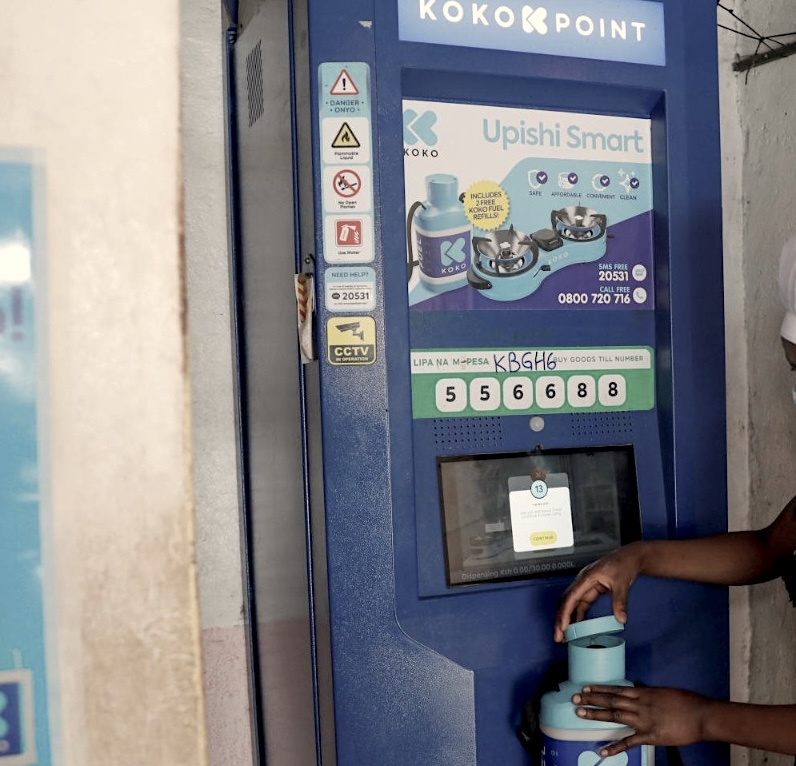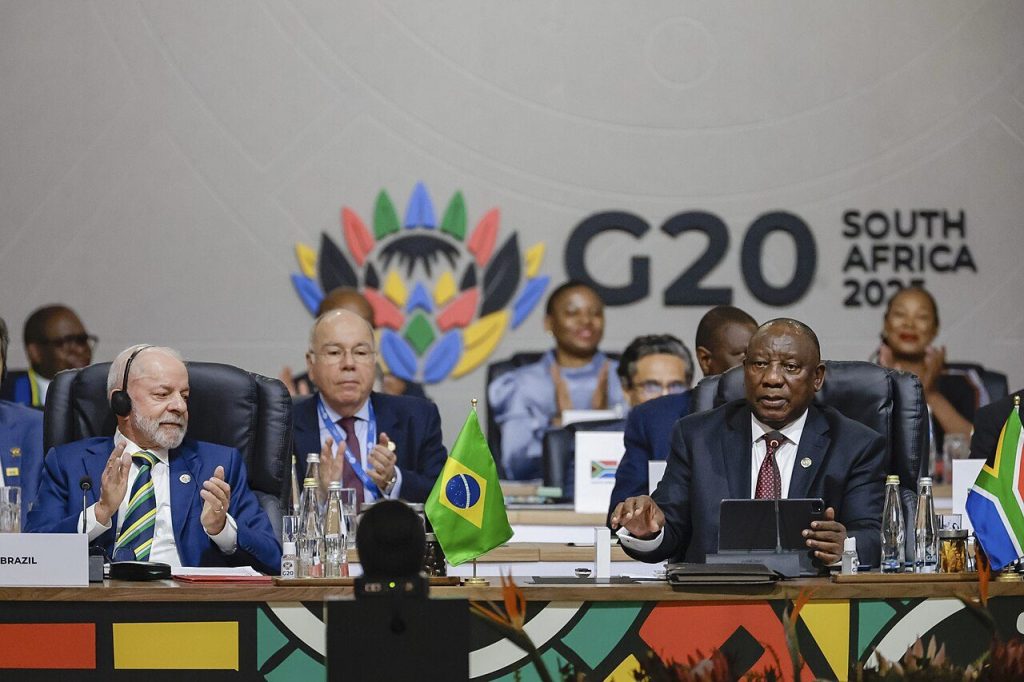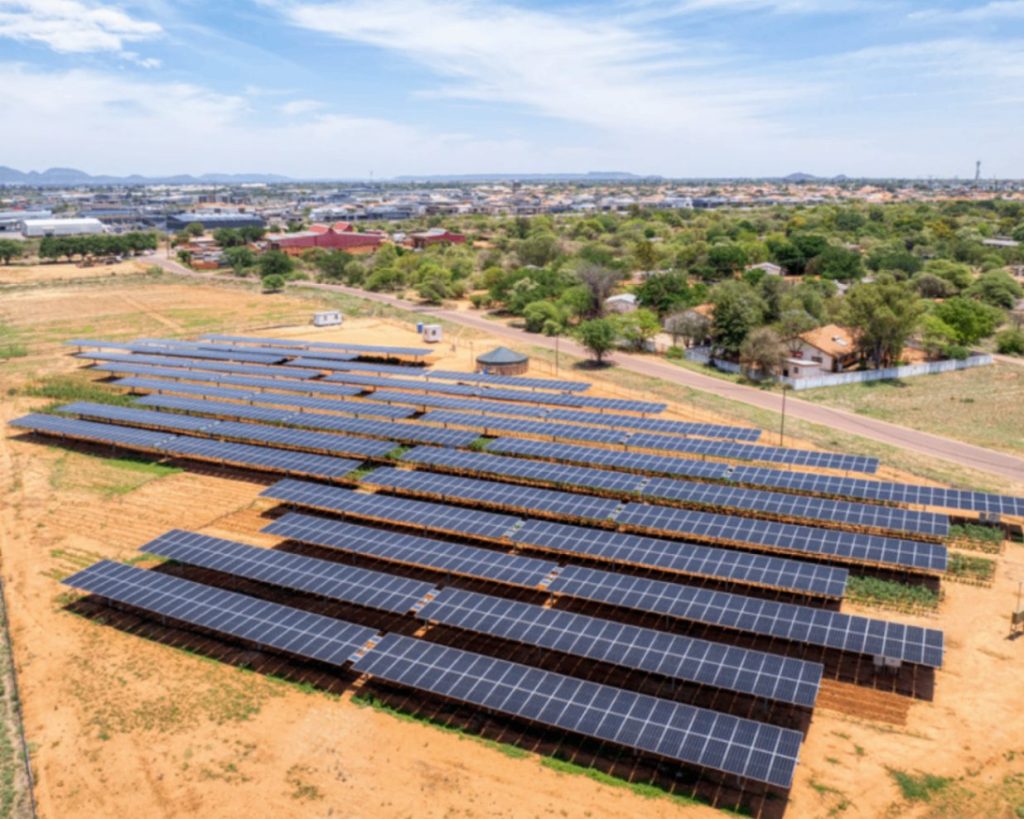The Zimbabwean government has stated that it intends to lay claim to 50% of carbon credit revenue generated in the country. The nation’s Minister of Information, Monica Mutsvangwa, stated on 16 May, that existing agreements concluded with international agencies and organisations will become “null and void”. Moreover, she stated that local authorities will be prevented from entering into any carbon credit agreements.
The Daily Maverick has reported that Finance Minister Mthuli Ncube has put together a framework that provides that Treasury will be entitled to 50% of any revenue generated by offset projects, while foreign investors are entitled to up to 30% and local investors must receive at least 20%. The scope of the offset projects to which the framework will apply is not limited and will include a wide array of projects including reforestation. It remains unclear how government intends to invalidate existing contracts but imaginably it may look to existing expropriation or other property laws to do so.
At a post-Cabinet media briefing, Mutsvangwa informed reporters that “the growth of the carbon market requires the establishment of institutions to facilitate Zimbabwe’s participation, regulate players and ensure commensurate benefits accrue to the nation.” Government further intends to “monitor all the movement and sale of carbon credits generated within its jurisdiction”,
Zimbabwe is within its rights to regulate its carbon market under Article 6 of the Paris Agreement and it is not the first country to have done so. For example, last year Tanzania published carbon market regulations requiring government’s approval of project level cost and benefit sharing schemes. Similarly Mozambique has REDD+ offset regulations which provide for the payment of various administrative fees to government including up to 2% of total emissions reductions issued. The Zimbabwean approach goes far beyond this, however, and is likely to significantly dampen if not crush investor appetite to register or continue with offset projects in the country.
The statement by government also comes in the wake of market scrutiny of the South Pole Kariba offset project in Zimbabwe, where it was alleged that the project had been over-issued thirty times more credits than it was entitled to. South Pole has strenuously denied the allegation. The furore has however fed into market scepticism of carbon credits generally and REDD+ forestry credits in particular. This has led to calls for more integrity in the process, and a re-look at some of the controls in the voluntary carbon market. The proposed regulation of the Zimbabwean carbon market will only dampen investor appetite to proceed with projects in the country, most likely at the expense of local communities and investors.





